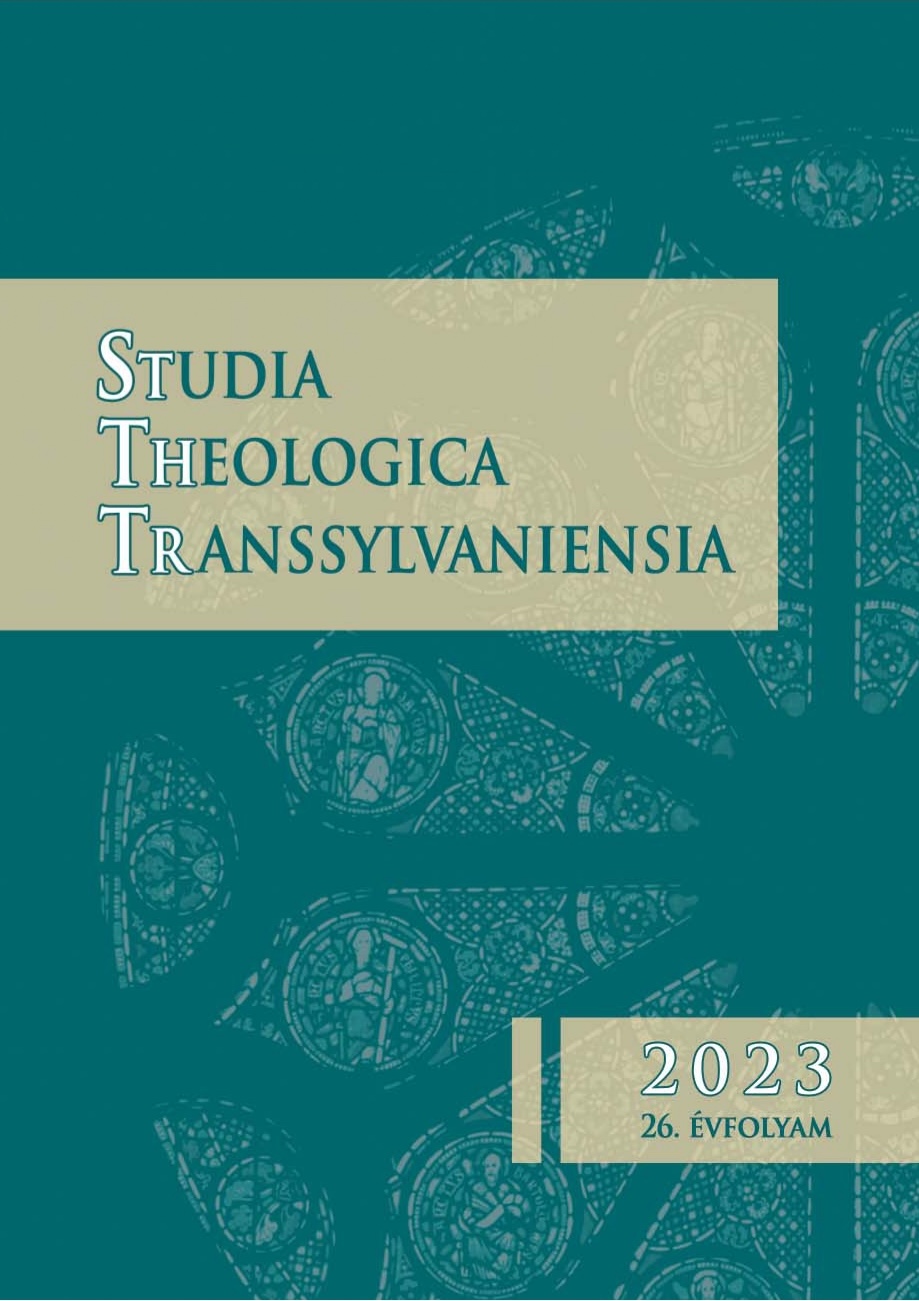Ökumenikus szempontú megfontolások a liturgiában használt "communio sanctorum" kifejezésről
DOI:
https://doi.org/10.52258/stthtr.2023.07Kulcsszavak:
communio sanctorum (communion of saints), liturgy, ecumenism, reformation, Ugandan martyrsAbsztrakt
The study focuses on the concept of the 'communio sanctorum' (i.e. the communion of saints) and its liturgical use, addressing important eschatological and ecclesiological questions from an ecumenical perspective. Through comparisons of different Christian traditions, it considers both the subjective and the objective genitive sense of the key Latin term of the study, 'communio sanctorum', examining its patrological and conceptual-historical background in detail. The Roman Catholic, Evangelical, Reformed and Orthodox liturgical vocabularies and their common biblical basis, namely Hebrews and Revelation, are taken into account. In addition to the Second Vatican Council and other papal pronouncements (e.g. the papal sermon on the Ugandan martyrs), special attention is given to the statements and practices of the Protestant churches. The study concludes that the communio sanctorum, that is, the confessors of the Christian faith belonging to different denominations, are the common saints of the one Church. Consequently, our saints, who pray with the angels and with us, encourage us to work together in this world for the unity of the Church.
Downloads
Megjelent
Hogyan kell idézni
Folyóirat szám
Rovat
License
Copyright (c) 2023 Karlheinz Diez

This work is licensed under a Creative Commons Attribution 4.0 International License.






